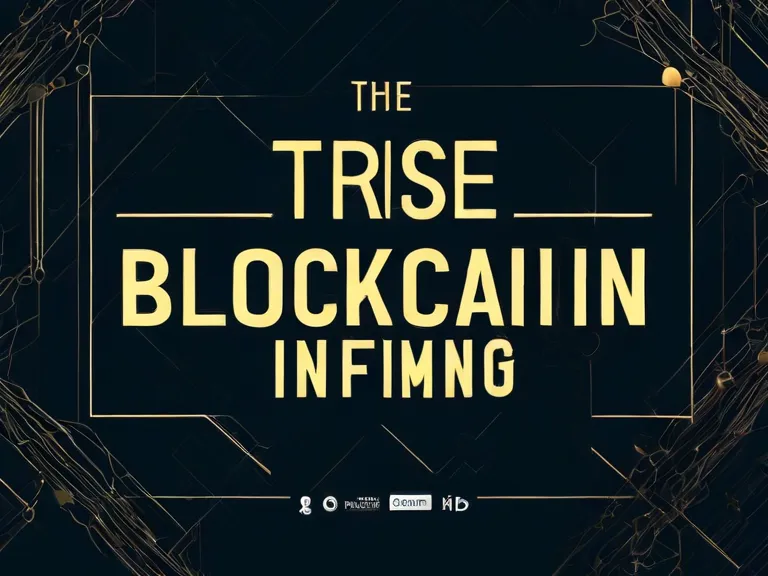
Decentralized Finance (DeFi) is revolutionizing the traditional financial system through the power of blockchain technology. As more people embrace this new way of transacting and investing, the world of finance is experiencing a shift towards a more inclusive and transparent economy.
One of the key principles of DeFi is the elimination of third-party intermediaries, allowing for direct peer-to-peer transactions. This not only reduces costs but also increases efficiency and security, as transactions are recorded on a public ledger that cannot be tampered with.
Smart contracts, which are self-executing contracts with the terms of the agreement between buyer and seller directly written into code, play a crucial role in DeFi. These contracts automate the execution of transactions, eliminating the need for intermediaries and enabling instant settlements.
Decentralized exchanges (DEXs) are another important aspect of DeFi, providing a platform for users to trade digital assets without relying on a centralized entity. This not only gives users greater control over their funds but also reduces the risk of hacking and manipulation.
The rise of decentralized lending and borrowing platforms is also reshaping the way people access financial services. By leveraging blockchain technology, these platforms enable users to borrow and lend assets directly to one another, creating a more efficient and flexible lending market.
Overall, the rise of DeFi is empowering individuals to take control of their financial resources and participate in a more open and transparent financial system. As blockchain technology continues to evolve, the possibilities for innovation in the world of finance are limitless.



